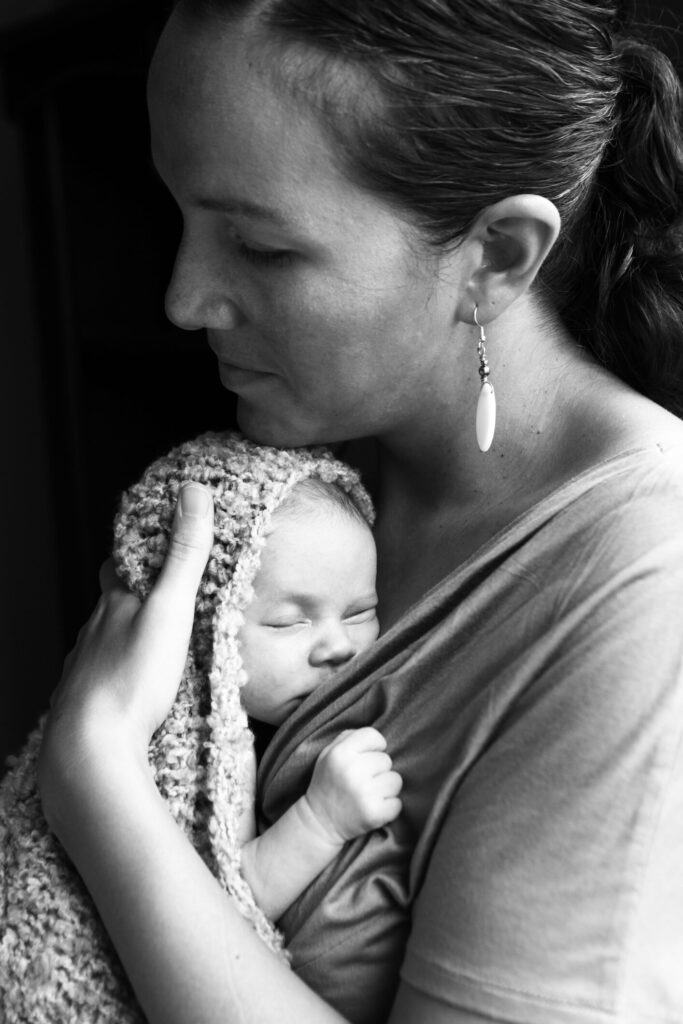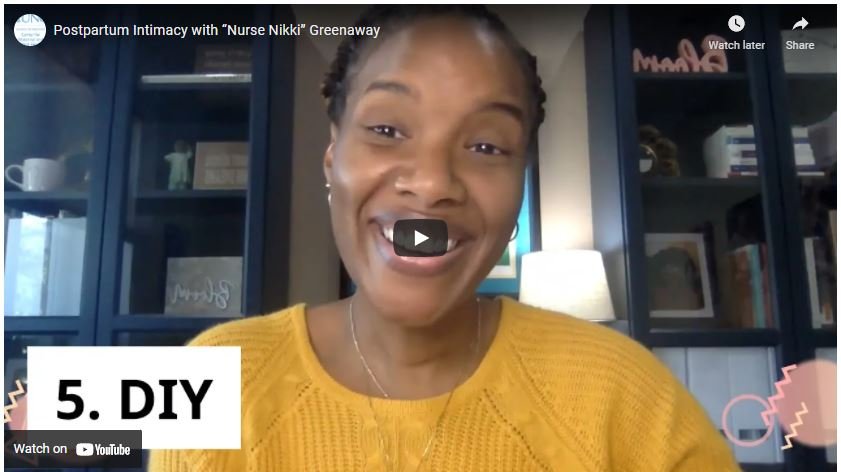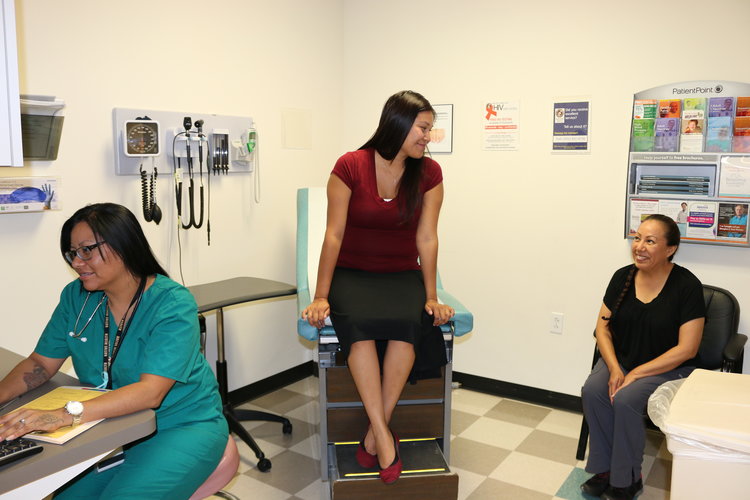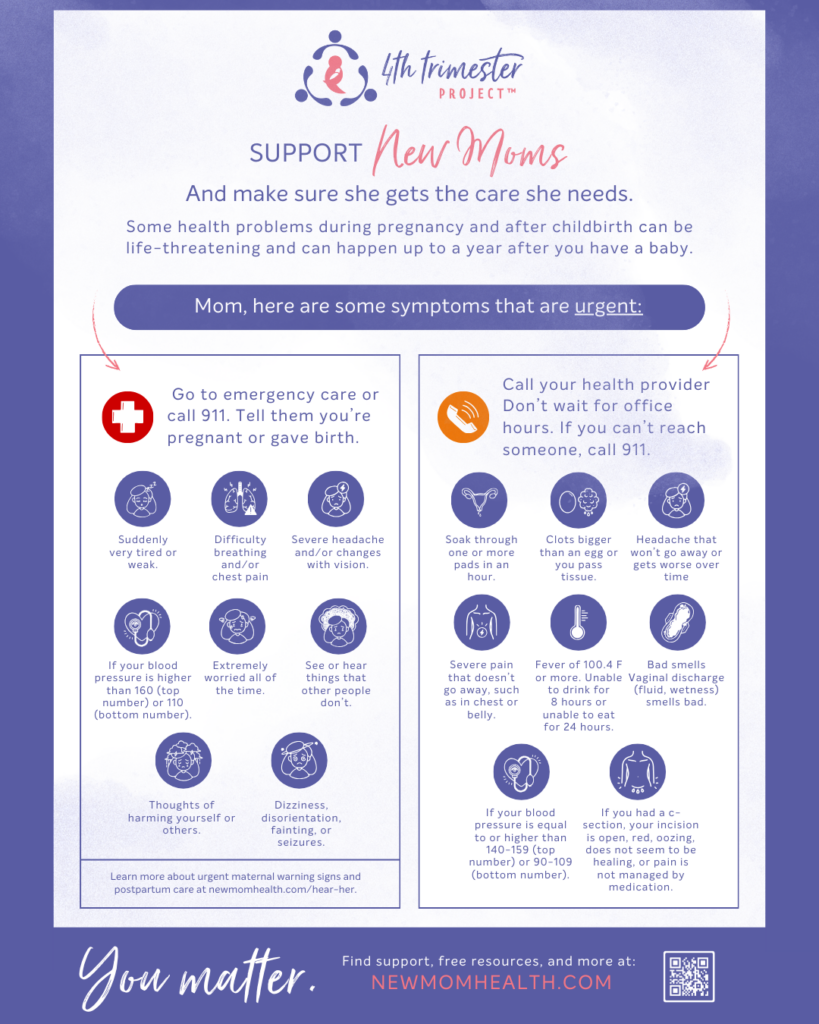
Bringing a new baby into the world is a beautiful journey, but it’s also one of the most life-changing times in a birthing parent’s life. It is important to recognize that nutrition is not just about filling our plates; it’s about nourishing our bodies and minds. Especially after childbirth, nutrition is essential for recovery and healing. For new moms, access to nourishing foods and drinks is essential for recovery, breastfeeding, and overall health.
In the 4th Trimester and beyond, many birthing parents find it hard to have the time or the practical support to eat as they might like. Sleep patterns and your mood also impact when you feel hungry and when you feel full. Additionally, access to nutritious food isn’t always equitable, and social determinants of health can significantly impact a mother’s ability to maintain a healthy diet.
There are some foods that can help you feel good and others that if eaten in high quantities can cause problems. Stocking your kitchen and other places you frequent in the postpartum period with nutritious food that is simple to prepare can make it easier to grab-and-go with healthy options. If friends or family offer to bring groceries or a meal, ask them for cut up or bite-size fruits and vegetables, such as apples or carrots. Ready-to-eat whole grain cereal or crackers, nuts, eggs, cheese, and peanut butter are some other options that are easy to eat one-handed. Make sure that you’re getting plenty of protein, and are not just munching on carbohydrates. You might keep a pitcher or large cup beside your bed or next to your favorite chair so you can get plenty of water throughout the day.
Dehydration can cause many issues – especially after childbirth. Be sure you are drinking plenty of water and fluids. It is common for mothers to feel extra thirsty after baby is born. Have a water bottle near your bedside, couch, and easy-to-reach places to ensure you’re staying hydrated throughout the day.
It is also true that moms’ appetites may have changed. Some mothers feel extra hungry, especially true when breastfeeding. Be sure to talk with your health provider about your nutritional needs. If you aren’t able to eat or drink, this is a maternal health warning symptom – talk to a provider right away.
Many women stop taking prenatal vitamins after they have a baby. However, you can continue the prenatal vitamins, or switch to a daily multivitamin, including chewables or small tablets. There are lots of nutrients in vitamins that might benefit you now.
Consider that nourishing moms goes beyond the plate: It’s about addressing systemic barriers, advocating for food justice, and ensuring every mother has the support and resources she needs to thrive during this transformative journey into motherhood. Cultural competence and sensitivity are essential in providing postpartum nutrition care. Recognizing and respecting diverse cultural practices and dietary preferences empower mothers to make choices that align with their traditions and beliefs, promoting holistic well-being.
We have a customizable postpartum plan, where families can write out allergies, preferences, and food considerations for their family and friends to be sure they’re mindful of what the family’s nutritional needs are. Tip: normalize asking for take-out and things like Door Dash food delivery gift cards so families can order from a favorite local spot!
Additional Resources to Explore:
- USDA Choose My Plate and USDA Choose My Plate Pregnancy and Breastfeeding
- UC Berkeley Food Institute: From Mothers to Mothers: The Postpartum Nutrition Folklore Project
- The Preeclampsia Foundation has an excellent healthy eating guide – check it out here.














